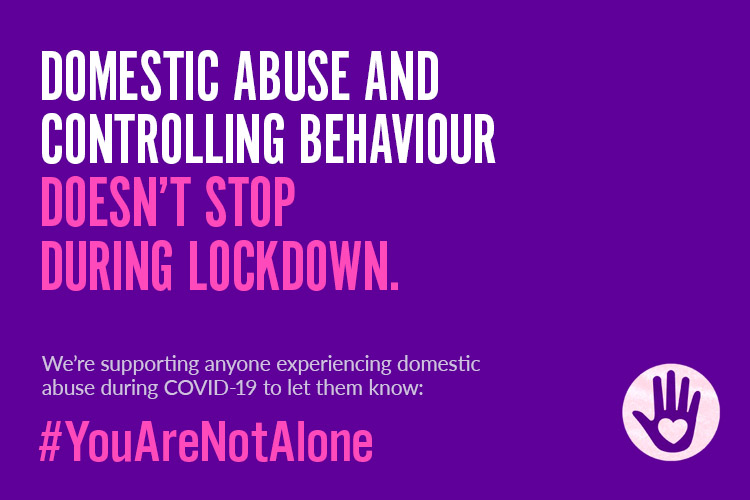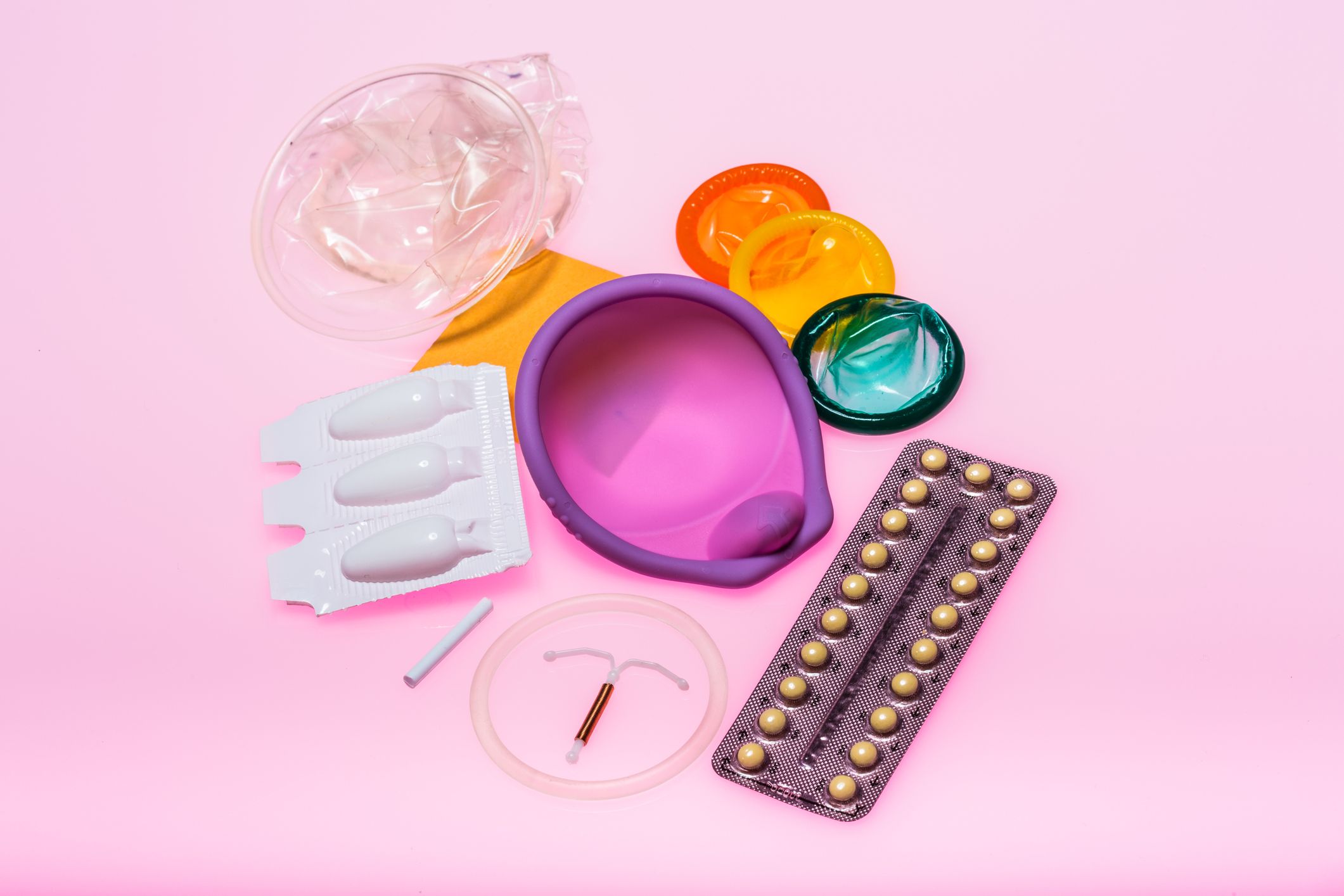Some may assume that safe sex means to use a condom, or to go to a clinic and get tested regularly. Yet, the only real form of safe sex is abstinence, which means to refrain from any form of sexual activity altogether. No contraception is 100% effective; therefore, there is always a 1% chance, of catching an STI or having an unintended pregnancy.
We can only practice ‘safer’ sex, which means to be well informed about the choices available to us, as well as well-equipped and educated about the tools needed to practice safely. For many young people, this toolbox is limited, as a result of sex education being an optional subject on the current school curriculum, resulting in sexual health education being glossed over like a 2 minute TV advert.
For example, in a high-school biology lesson, there is a discussion of a sperm meeting and egg, which then produces a child. However, this simplistic overview of sex leaves plenty of grey area, such as sexuality, pleasure, contraception, sexual orientation – this list could literally go on forever- as a result, young people are then left with information that is too little and in many cases, too late.
According to The Office of National Statistics (ONS), the UK has the highest teenage birth and abortion rates in Western Europe. One in ten young people have confessed to using no form of contraception during their first sexual encounter. Both men and women aged 16 – 24, have had an average of three sexual partners in their lifetime, and approximately 3000 young people aged 16 – 24 are currently living with HIV in London.
I’m sure I speak for the majority when I say this is shocking and something needs to be done to change these statistics. Especially in an era where everyone’s becoming a lot more digital, making access to porn, potential partners and pleasure, even more accessible with a click of a button or touch of a screen.
Despite the efforts of the country’s Primary Care Trusts and charities such as the Terrence Higgins Trust, the Family Planning Association and Brook, sex still seems to be a taboo. Yet the reality is, if young people are more aware of the services available to them, as a well as educated about sexuality in depth, they’d be able to make better informed choices thereby protecting themselves and others.
3 Top Tips to practicing safer sex
1. Always carry and use protection.
2. Get tested every 3 months, or more often if you change your sexual partner regularly.
3. Find your local GUM Clinic and access their services. Gum Clinics are FREE, this is where you can get tested, receive support and get FREE contraception.




